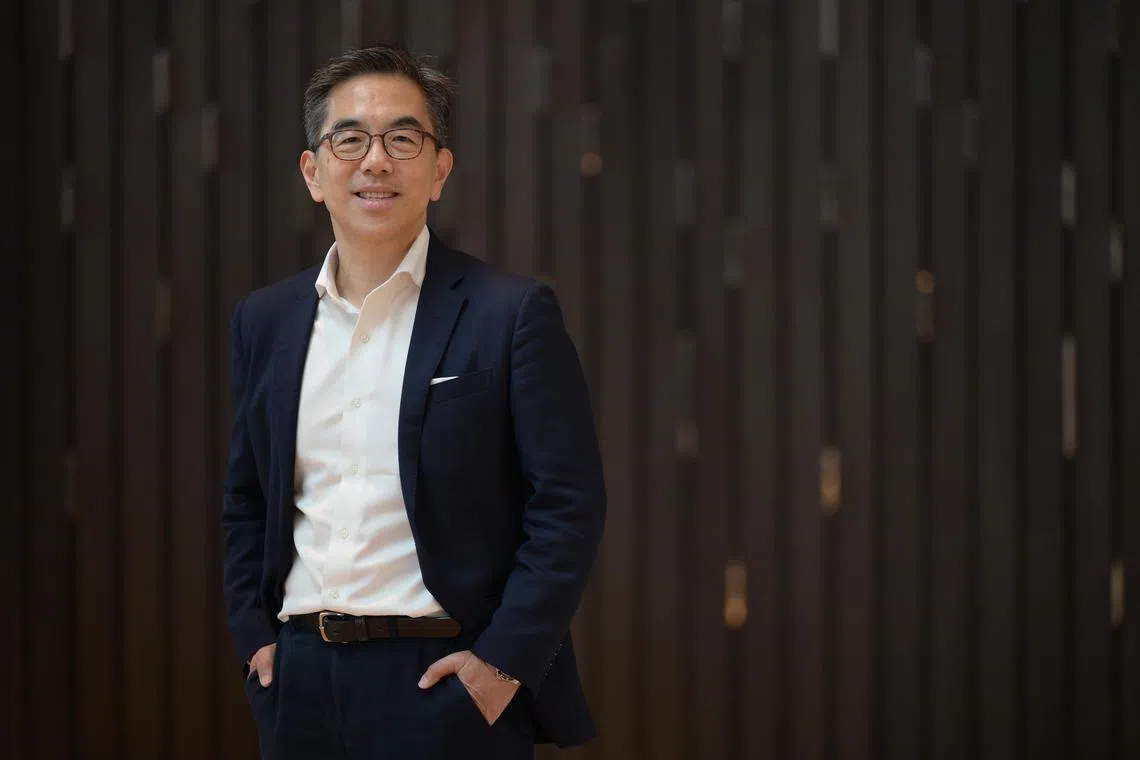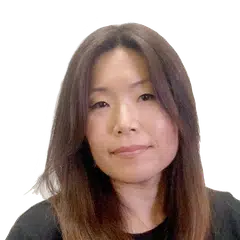For subscribers
‘Cracking the wall’ between AI and medicine
Artificial intelligence could revolutionise healthcare, but that doesn’t mean you should rush headlong into it, says physician-scientist-innovator Wong Tien Yin.
Sign up now: Get ST's newsletters delivered to your inbox

Professor Wong Tien Yin is embarking on a project to build an AI hospital for China’s top-rated Tsinghua University.
ST PHOTO: NG SOR LUAN
Nowhere has the excitement over how artificial intelligence (AI) will transform our lives been more potent than in the area of medicine, where it’s been held to such lofty standards that people expect it will some day – hopefully soon – wipe out epidemics, extend human lifespan and maybe even cure cancer.
The idea that AI will improve healthcare is not up for dispute. Real-life applications have already yielded positive results in more accurate and faster diagnostics



